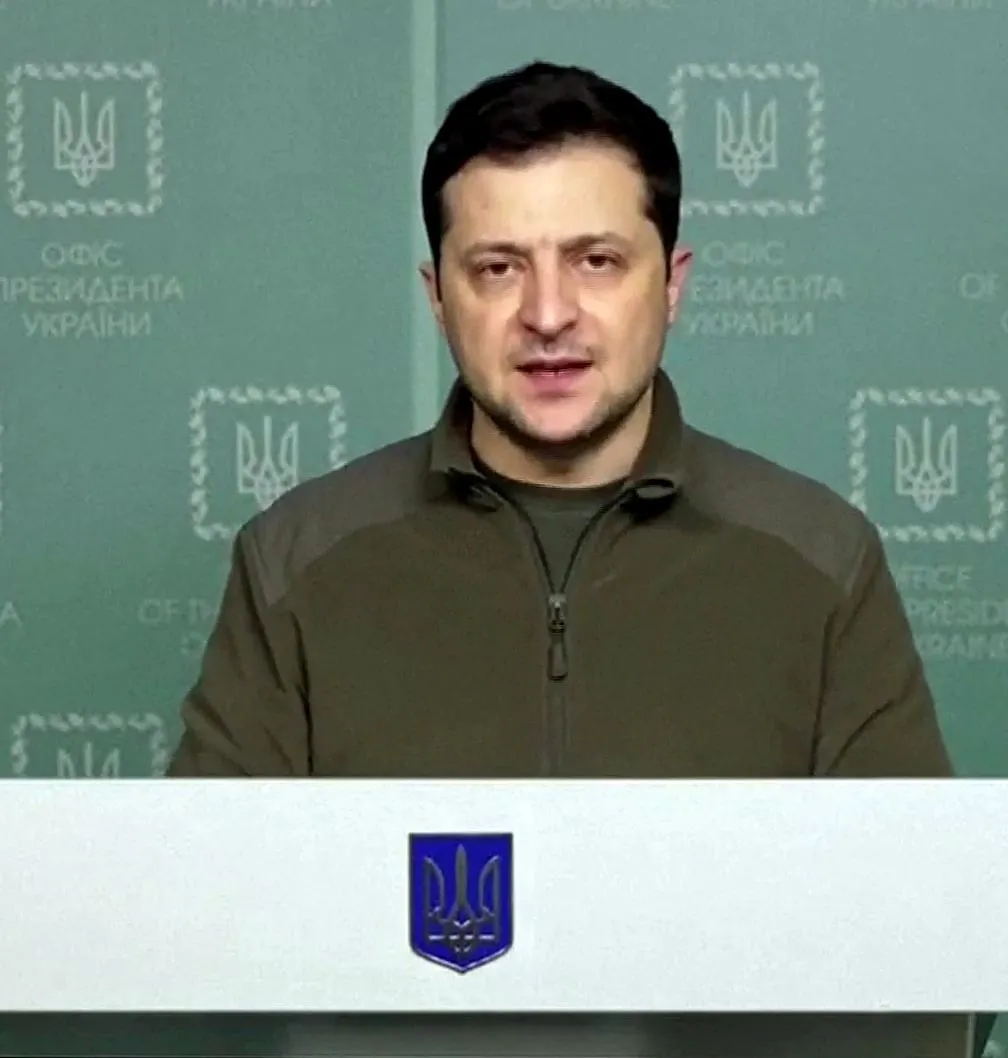New Delhi, June 16: The Swiss Summit on Peace in Ukraine concluded on Sunday without a clear consensus on involving Russia in the peace process. Among the thirteen countries that did not sign the final declaration were BRICS nations such as India, Brazil, and South Africa, as well as Saudi Arabia, Indonesia.
At the summit held at the Bürgenstock resort, approximately 94 participating states and organizations gathered, but only 80 agreed on a final declaration. The BRICS nations notably withheld their support.
Indian representation at the summit came from Pavan Kapoor, Secretary (West) of the Ministry of External Affairs. The Indian delegation attended the Opening and Closing Plenary Sessions of the Summit. India did not associate itself with any communique/document emerging from this Summit, a press release of MEA said.
MEA stated, “India’s participation in the Summit, as well as in the preceding NSA/Political Director-level meetings based on Ukraine’s Peace Formula, was in line with our consistent approach to facilitate a lasting and peaceful resolution to the conflict through dialogue and diplomacy.”
Swiss Defence Minister Viola Amherd, who holds the rotating Swiss presidency this year, addressed the lack of consensus on Russia’s involvement. “Further steps are needed, and Switzerland is ready to play its part,” Amherd said. She emphasized that the conference had created momentum and that the summit declaration sent a strong signal for the necessity of changes and shared ideas for a fair and lasting peace. Amherd also highlighted key issues such as securing nuclear facilities, Ukraine’s access to its harbors, the release of prisoners of war, and the return of children deported from Ukraine to their homeland.
World leaders from over 94 countries attended the summit to seek a broader consensus for peace negotiations for Ukraine. Ukrainian President Volodymyr Zelensky, speaking on Saturday, described the summit as a success, stating that “today is the day when the world begins to move closer to a just peace.” German Chancellor Olaf Scholz emphasized the aim to establish a framework and roadmap for a just, lasting, and comprehensive peace in Ukraine.
The absence of Russia was a point of criticism for some countries. Saudi Arabia’s Foreign Minister, Prince Faisal bin Farhan Al-Saud, noted that credible talks would require difficult compromises. Saudi Arabia, alongside Turkey, is considered a potential host for a follow-up conference.
A review of the delegations at the conference revealed that several states, including Armenia, Bahrain, Brazil, India, Indonesia, Colombia, Libya, Mexico, Saudi Arabia, South Africa, Suriname, Thailand, and the UAE, did not sign the final declaration. The lack of support from BRICS countries, which also include China and Russia, was significant. Neither China nor Russia attended the summit. Brazil, India, and South Africa participated but did not send heads of state.
The meeting concluded with dozens of countries committing to Ukraine’s territorial integrity. The final document attributed the widespread suffering and destruction of the war to Russia. However, India, South Africa, and Saudi Arabia were among the countries that did not sign it.
MEA press release further elaborated on India’s position, stating, “We continue to believe that such a resolution requires a sincere and practical engagement between the two parties to the conflict. In this regard, India will continue to remain engaged with all stakeholders as well as both the parties to contribute to all earnest efforts to bring about an early and abiding peace.”
The summit aimed to create the broadest possible backing for a process that could help end the war in Ukraine. Despite the absence of Russia and its major backer China, the summit saw participation from more than 90 countries and international organizations.
Some attendees, such as Saudi Arabia and Kenya, were not Ukraine’s staunchest supporters. Saudi Arabia’s foreign minister warned of difficult compromises, and Kenya spoke against recent sanctions on Russia.
The final document called for restoring Ukrainian control over the Zaporizhzhia nuclear power plant and ports on the Azov Sea, both currently occupied by Russia. It also referred to Russia’s invasion as a “war,” a term Moscow rejects, and demanded the return of prisoners and abducted children.
Contentious issues, such as the status of land under Russian occupation, will be addressed later. Zelensky, speaking to journalists after the summit, expressed gratitude to world leaders who attended despite pressure from Russia to stay away. He emphasized that international support for Ukraine is not weakening and that the summit showed a growing involvement in diplomatic efforts.
Zelensky also mentioned that Russia’s participation in negotiations would indicate its willingness for peace, stating, “Russia can start negotiations tomorrow if they pull out of our territories.” He clarified that Ukraine respects China’s territorial integrity and called on Beijing to seriously engage in peace proposals.
Earlier, Italian Prime Minister Giorgia Meloni and German Chancellor Olaf Scholz strongly rejected ceasefire terms proposed by Russian President Vladimir Putin, which required Ukraine to withdraw from four regions occupied by Russia. They dismissed Putin’s plan as propaganda and a “dictatorial peace.”
The summit’s draft declaration reaffirmed Ukraine’s territorial integrity and rejected any nuclear threats against the country. Following the summit, G7 leaders agreed to use interest from frozen Russian assets to help Ukraine defend itself. Around $325 billion in assets were frozen by G7 countries and the EU after Russia’s full-scale invasion of Ukraine in February 2022. The interest from these assets, amounting to $3 billion annually, will be used to support Ukraine’s war effort and economy.







